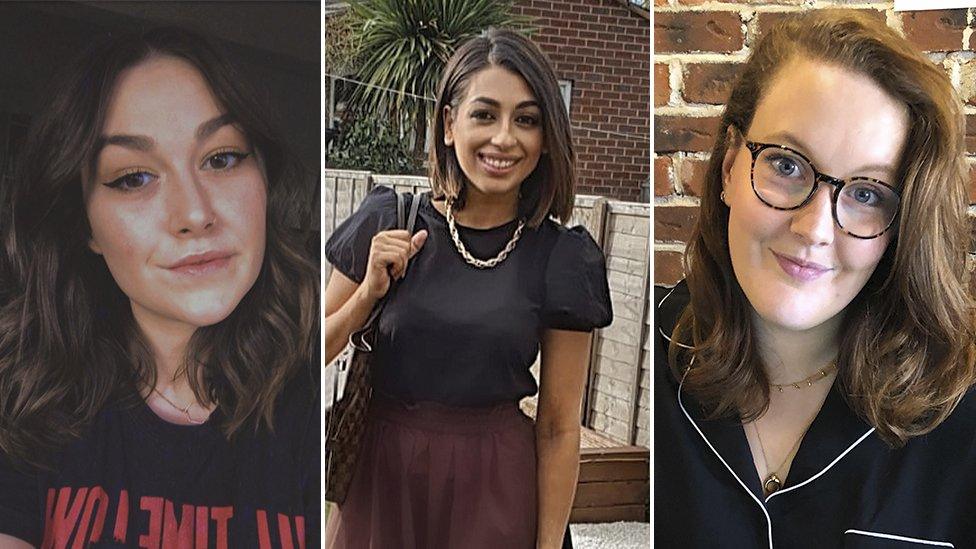Catcalling: The sisters who are making a noise to stop street harassment of women
- Published
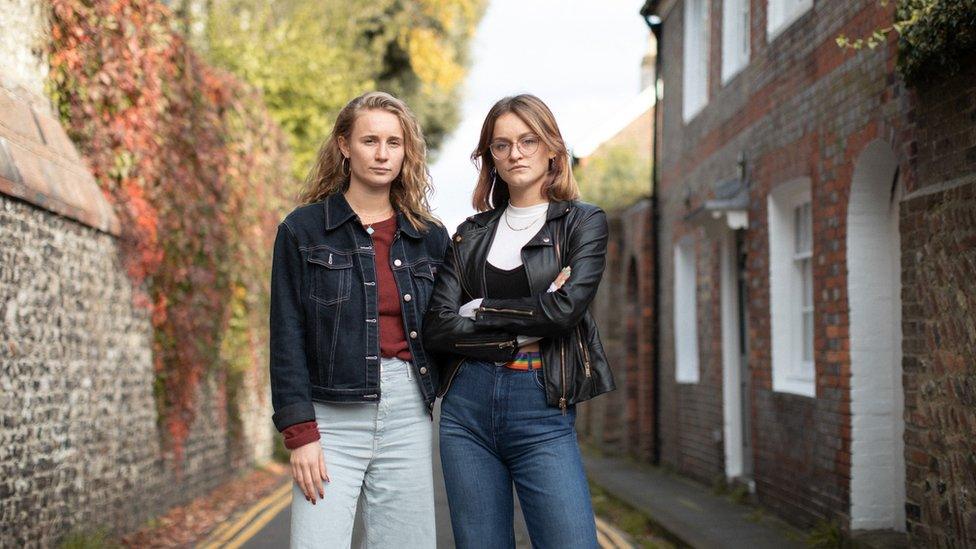
Maya Tutton and her sister Gemma campaign against street harassment
The case of Sarah Everard has prompted many women to share their experiences of feeling unsafe while walking the streets.
As the 33-year-old was last seen walking home in the dark from a friend's house in Clapham, south London, it has sparked discussion on social media about the precautions women are taking when they go out alone - from not wearing headphones to telling friends where they are going.
But how can we help women feel safer without them having to change their own behaviour?
Maya Tutton, 22, says that her first experience of street harassment was when she was still at school, recalling: "I remember one particular incident when I was 14 and several men pulled up next to me with two friends and they made some of the most sexually threatening comments I had heard in my life.
"And I remember just being so scared and never feeling the same way in public spaces again."
But it was her younger sister Gemma's experiences that pushed her to take action.
"At the age of 11 she was out on a summer day and a man pulled up and shouted horrible sexual comments about her body and her legs and she came back to me and she spoke to me about it," she says.
"And I had to explain to her firstly that this had become a normal part of being a girl - that this was unremarkable somehow and that this probably wouldn't be the only incident. And on top of that, this probably wouldn't be the worst incident."
Maya and Gemma want public sexual harassment to be a criminal offence
Two years ago the pair, who live in south-east England, founded Our Streets Now, which campaigns for public sexual harassment to be a criminal offence as well as for the issue to be part of the secondary school curriculum.
The group has also created free lesson plans and resources for teachers to educate girls - and boys - about public sexual harassment.
Engaging boys and men is crucial, Maya says, adding: "We cannot continue to place the onus on the victim's shoulders."
When women are told to change their behaviour to stay safe, perpetrators are still a danger to others, she explains.
"The onus should never be on us to change things," Maya says. "We're not tackling the root and the root is male violence."
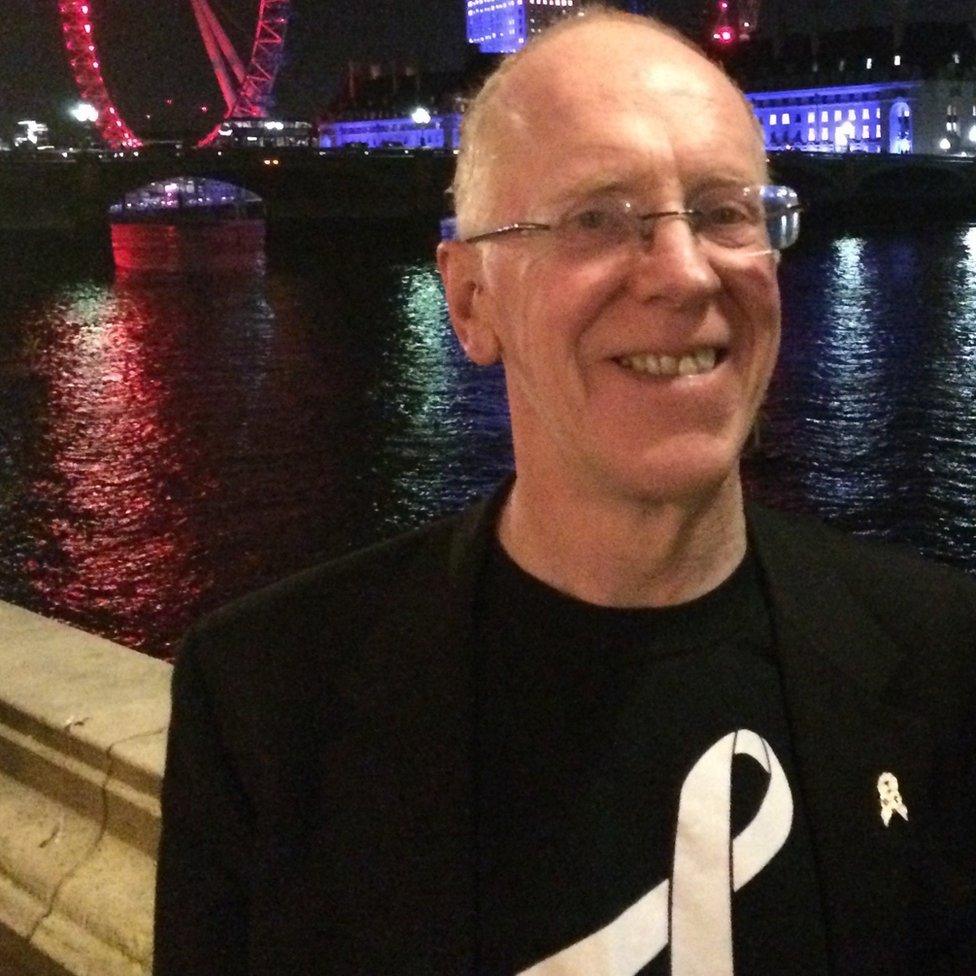
Chris Green founded White Ribbon UK, which works to end male violence against women
The importance of men in tackling violence against women is also central to the work of the White Ribbon UK charity.
"It is men's responsibility to challenge other men and ourselves in our behaviours," says founder Chris Green.
The global movement began in Canada in the 1990s and works to engage men and boys across society to make a stand on the issue.
"It is a pledge never to commit the violence, never to excuse the violence and never to remain silent about the epidemic levels of violence in our society," Chris, 67, explains.
The charity works with organisations including schools, councils, police forces and universities to provide resources to raise awareness and educate men about violence against women.
Chris noticed there was a "groundswell" of reaction on social media from women since the Sarah Everard case started being talked about - with some asking why more men weren't "shouting about" the issue of women's safety.
"It just says to me we should be doing more," he adds.
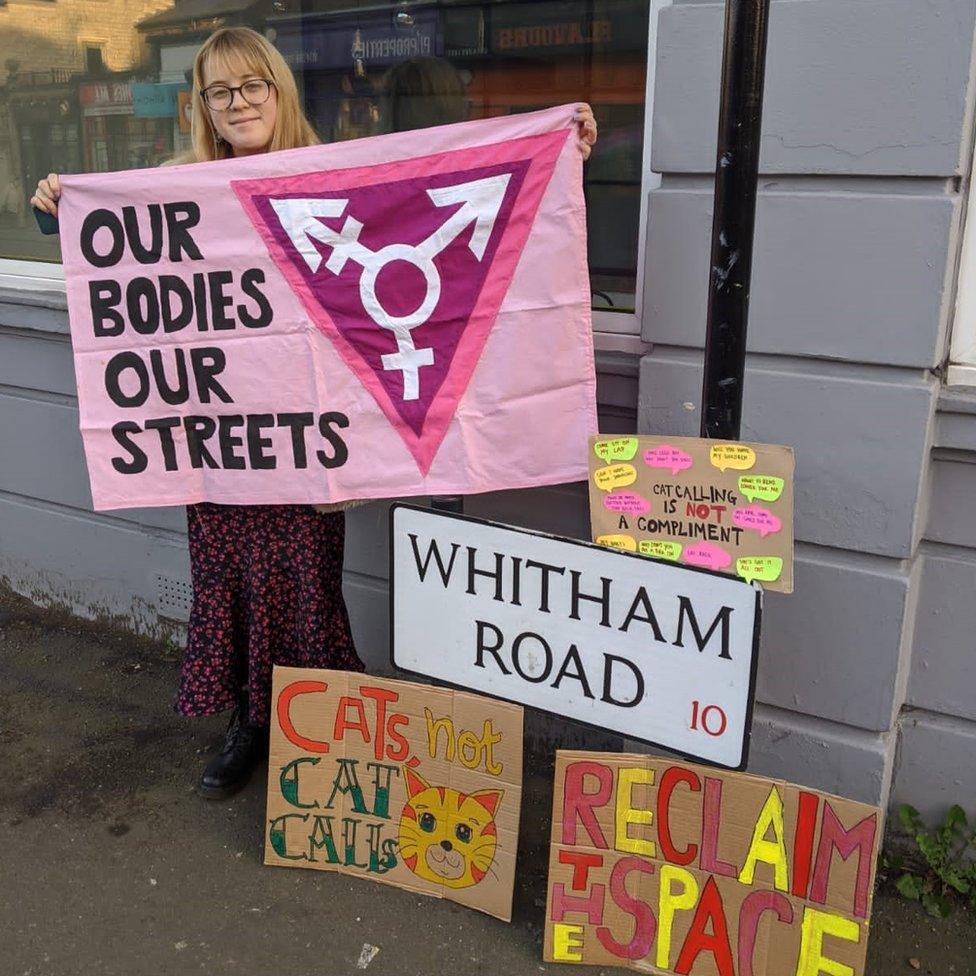
Kerry Lindeque is campaigning for parks in Sheffield to have better lighting
In Sheffield, Our Bodies Our Streets campaigns on practical ways to help women feel safer.
A petition launched by the group earlier this year, calling for the council to improve lighting in the city's parks, has attracted more than 3,000 signatures.
Kerry Lindeque, a member of the group who is studying at the University of Sheffield, says: "Everybody has the right to exercise and everybody should have the right to go for a walk, especially in lockdown because it's so important and has such a big impact on our mental health.
"But as soon as it gets dark a lot of women don't feel safe on the streets because you have people stalking you, you have people catcalling you, you have cars driving slowly past you."
She said that those who decide to go into parks to avoid those slow-driving cars then don't feel the parks are particularly safe either.
The group have also created an online map, external, documenting people's experiences of harassment in Sheffield.
Kerry, 20, says the aim is to "validate" people's experiences so they feel listened to, as well as to highlight the extent of the problem.
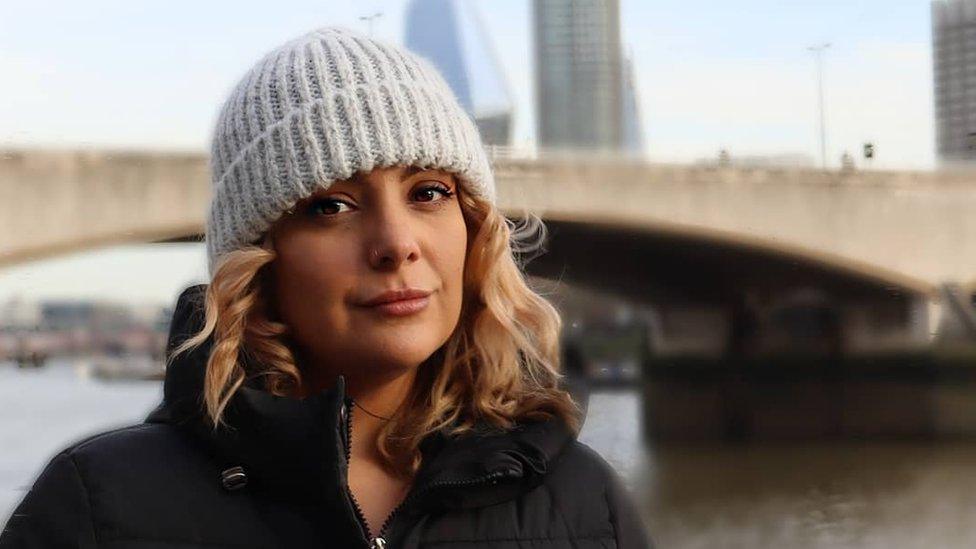
Farah Benis founded the Catcalls of London Instagram page
More than 10,000 people have also shared their experiences of harassment with the Catcalls of London Instagram page, external, which writes examples of catcalling in chalk on the streets where they happened.
The movement first started in the New York and has spread to cities around the world, including London, where an account was started by Farah Benis three years ago.
The 34-year-old says she was inspired by her own experiences of harassment from the age of 11 and "the fact that every single woman I know has experienced it in some form multiple times".
"I wanted to scream about it and I founded Catcalls of London instead."
Allow Instagram content?
This article contains content provided by Instagram. We ask for your permission before anything is loaded, as they may be using cookies and other technologies. You may want to read Meta’s Instagram cookie policy, external and privacy policy, external before accepting. To view this content choose ‘accept and continue’.

Out of the thousands of submissions the account has received, Farah says 74% are from under-18s, while experiences range from verbal threats to groping.
She highlights how, in many cases, unwanted attention can escalate to aggression.
"That's what happens when men don't get the reaction they want - they lash out," she says.
Farah hopes the account will raise awareness and help bring about change.
"When we stop accepting things as the norm and start to challenge them it wakes people up, especially people who are not affected by these issues, to the impact they have on us - our mental health, our wellbeing, the constant worry about our personal safety," she says.
"These are all things that so many men don't realise we experience."
- Published11 March 2021
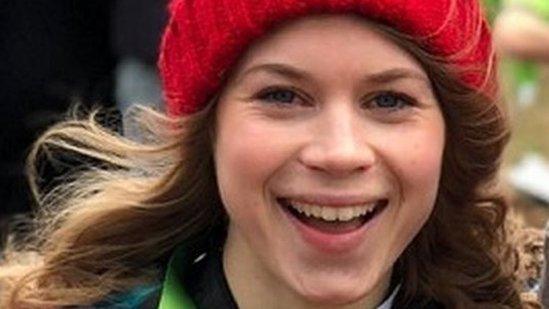
- Published11 March 2021
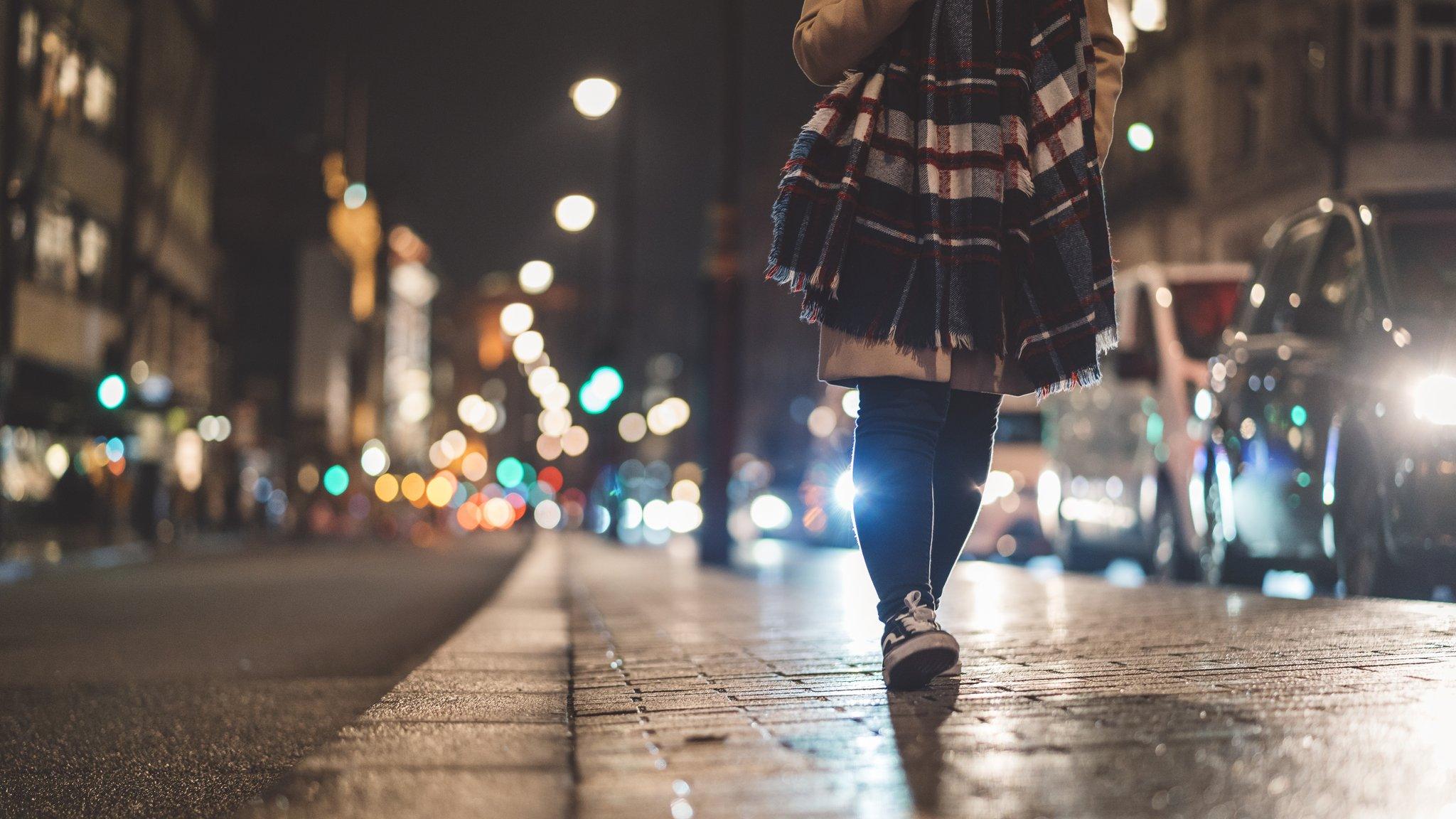
- Published9 March 2021
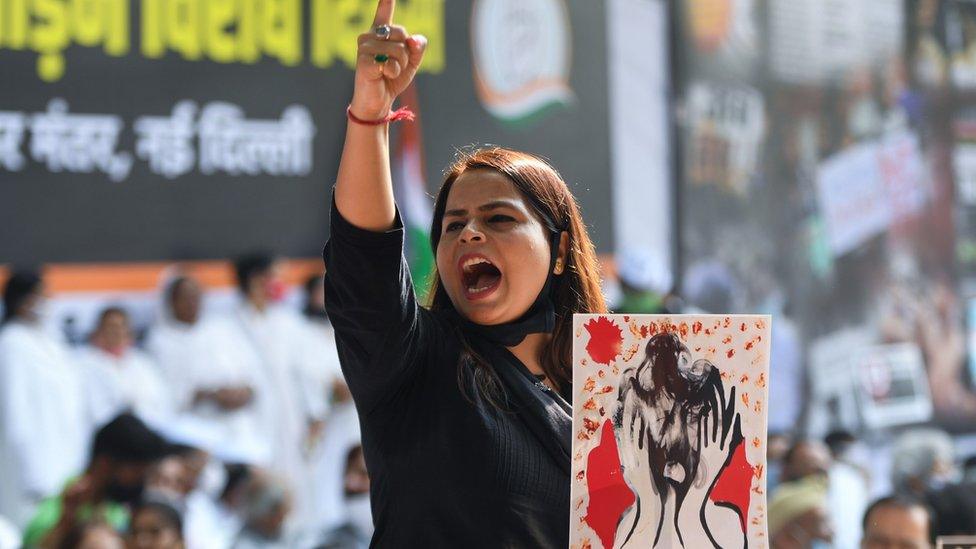
- Published11 March 2021
